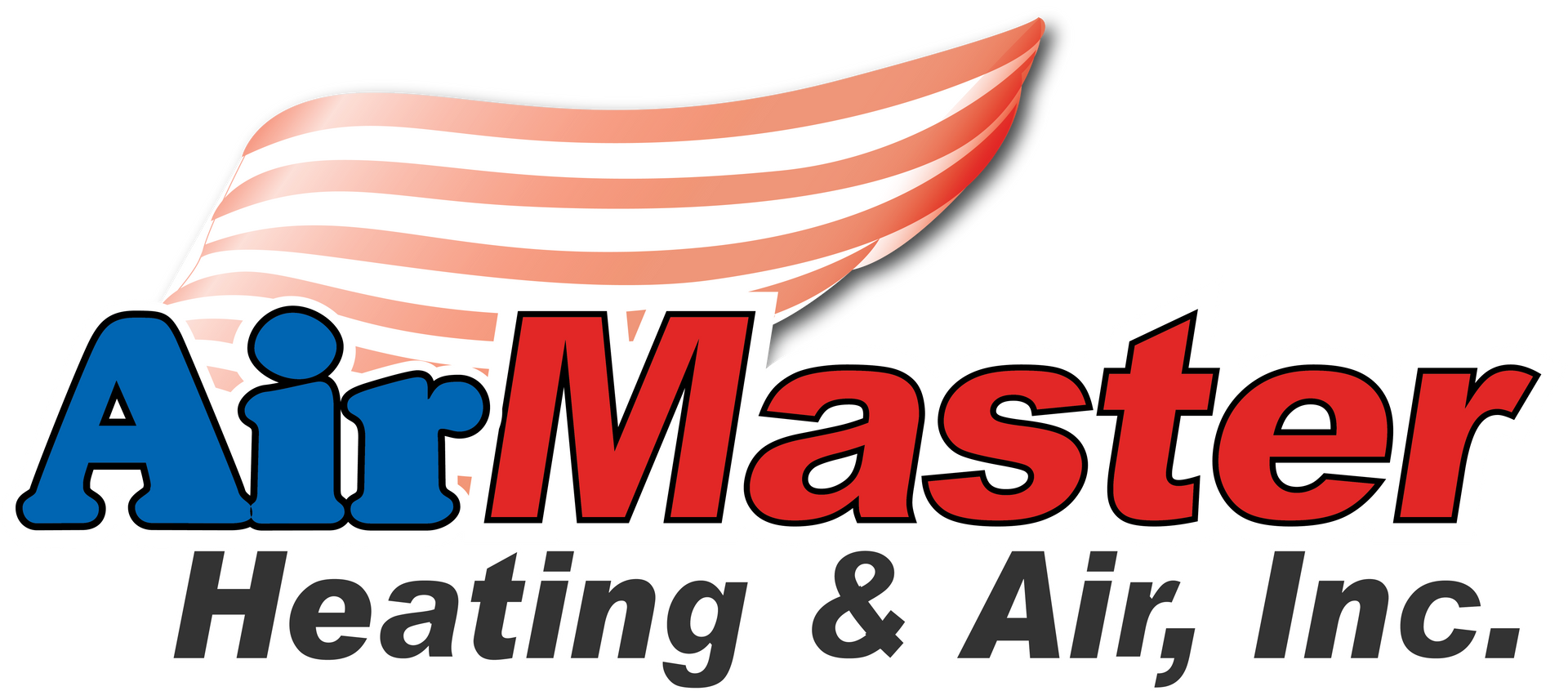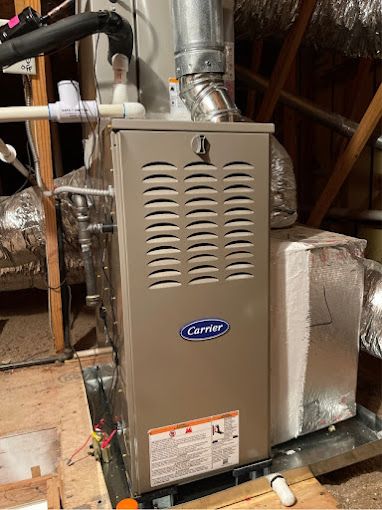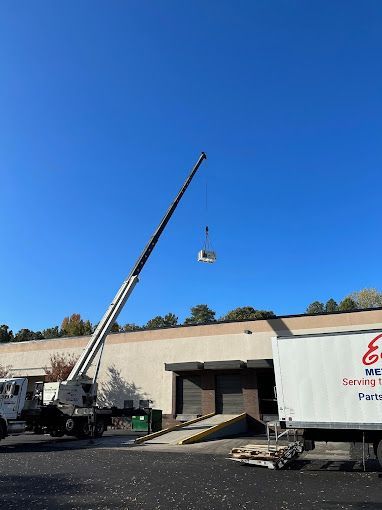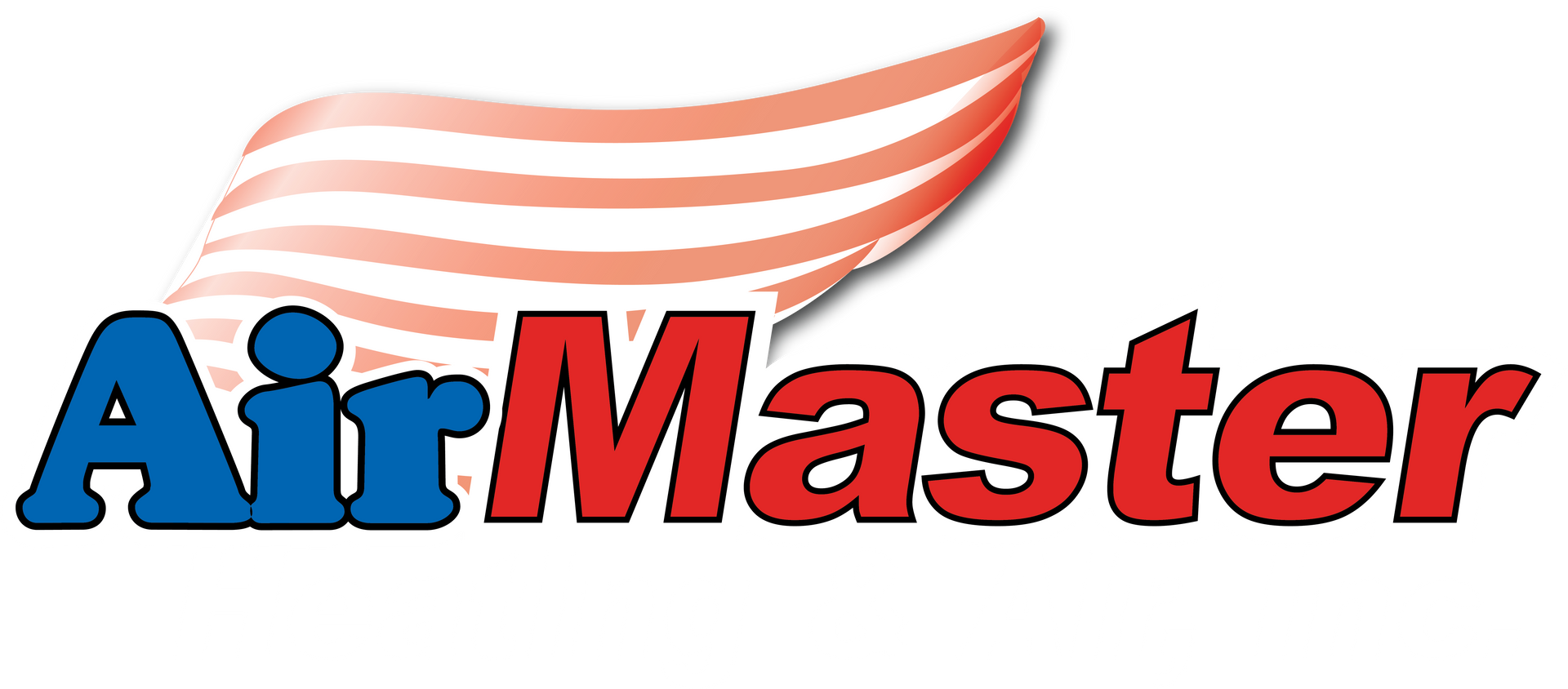September 11, 2023
When the sweltering heat of summer descends upon Alpharetta, GA, your air conditioning becomes your oasis of comfort. But have you ever wondered if your AC has its limits? Understanding these limits is vital to maintaining a cool and comfortable home during scorching days. In this guide, we delve into the intricacies of your AC system’s cooling capacity and how to ensure it functions optimally. Let’s explore the secrets to a consistently comfortable home.
What is Your AC's Cooling Capacity?
Your air conditioning system has a defined cooling capacity, typically measured in British Thermal Units (BTUs) per hour. This capacity determines the amount of heat your AC can remove from your indoor air. Understanding this capacity is crucial, as it directly affects your home’s comfort and energy efficiency.
Every home has unique cooling needs. To ensure your AC can effectively cool your space, you must grasp the concept of cooling capacity.
Your AC’s cooling capacity is determined by several factors, including:
BTU Rating: The higher the BTU rating, the more cooling power your AC has. Choosing the right BTU rating is essential for efficient cooling.
Room Size: The size of the area your AC needs to cool directly impacts its performance. An oversized AC can lead to excess humidity, while an undersized one may struggle to maintain a comfortable temperature.
Insulation: Well-insulated homes retain cool air better, allowing your AC to work more efficiently.
Ambient Temperature: Extreme outdoor temperatures can affect your AC’s ability to cool effectively.
Ductwork: Properly maintained and sealed ducts ensure that cooled air reaches its intended destination.
Understanding these factors will help you make informed decisions about your air conditioning repair Alpharetta, ensuring your AC meets your home’s cooling demands.
The Danger of Overworking Your AC System
While it’s tempting to crank up the AC on blistering summer days, overworking your system can have detrimental consequences. Your AC has limits, and pushing it beyond these boundaries can lead to increased energy bills, reduced lifespan, and potential breakdowns.
Imagine your AC as an athlete; pushing it to the extreme without proper training and recovery can lead to burnout. Your AC system is no different, and understanding the dangers of overworking it is crucial.
Here are some consequences of overworking your AC:
Higher Energy Bills: Running your AC constantly or at excessively low temperatures can significantly increase your monthly energy bills.
Reduced Lifespan: Overworking your AC can cause wear and tear, potentially shortening its lifespan.
Maintenance Costs: Frequent breakdowns and repairs due to overuse can add up to substantial expenses.
Inefficient Cooling: Overworked ACs may struggle to maintain desired temperatures, leading to discomfort.
To prevent these issues, use your AC wisely. Set your thermostat to a reasonable temperature, use fans to circulate cool air, and consider investing in a programmable thermostat for better control. If you face any AC-related problems and want the best AC service in Lawrenceville, GA, contact Airmaster Heating & Air Conditioning.
Recognizing Signs of an Overburdened AC
Your AC system may not always communicate when it’s overworked, but it exhibits subtle signs. Recognizing these indicators can help you take corrective action before problems escalate.
Here are common signs of an overburdened AC:
Frequent Cycling: If your AC frequently turns on and off, it may be struggling to maintain the desired temperature.
Inconsistent Cooling: Uneven cooling throughout your home can indicate an overworked system.
Loud Noises: Unusual sounds like banging, rattling, or screeching could be a sign of a stressed AC.
Higher Humidity: Overworked ACs may not dehumidify the air effectively, leading to a muggy indoor environment.
Increased Energy Bills: A sudden spike in your energy bills without an apparent reason could signal an overworked AC.
If you notice these signs, it’s time to schedule air conditioning service in Alpharetta, GA, to have your system checked by professionals. Timely maintenance can prevent further issues and ensure your AC operates within its cooling limits.
The Impact of Room Size on Cooling Limits
One often overlooked factor in determining your AC’s cooling capacity is the size of the room it needs to cool. The size of your space has a direct impact on your AC’s performance and efficiency.
Here’s how room size influences your AC’s performance:
Oversized AC for Small Rooms: Installing a high-capacity AC in a small room can lead to overcooling, excess humidity, and short cycling. We provide the best AC installation in Alpharetta, GA, which is pocket friendly.
REQUEST SERVICE
Please click the book online button below to book appointment with AirMaster Heating & Air.




